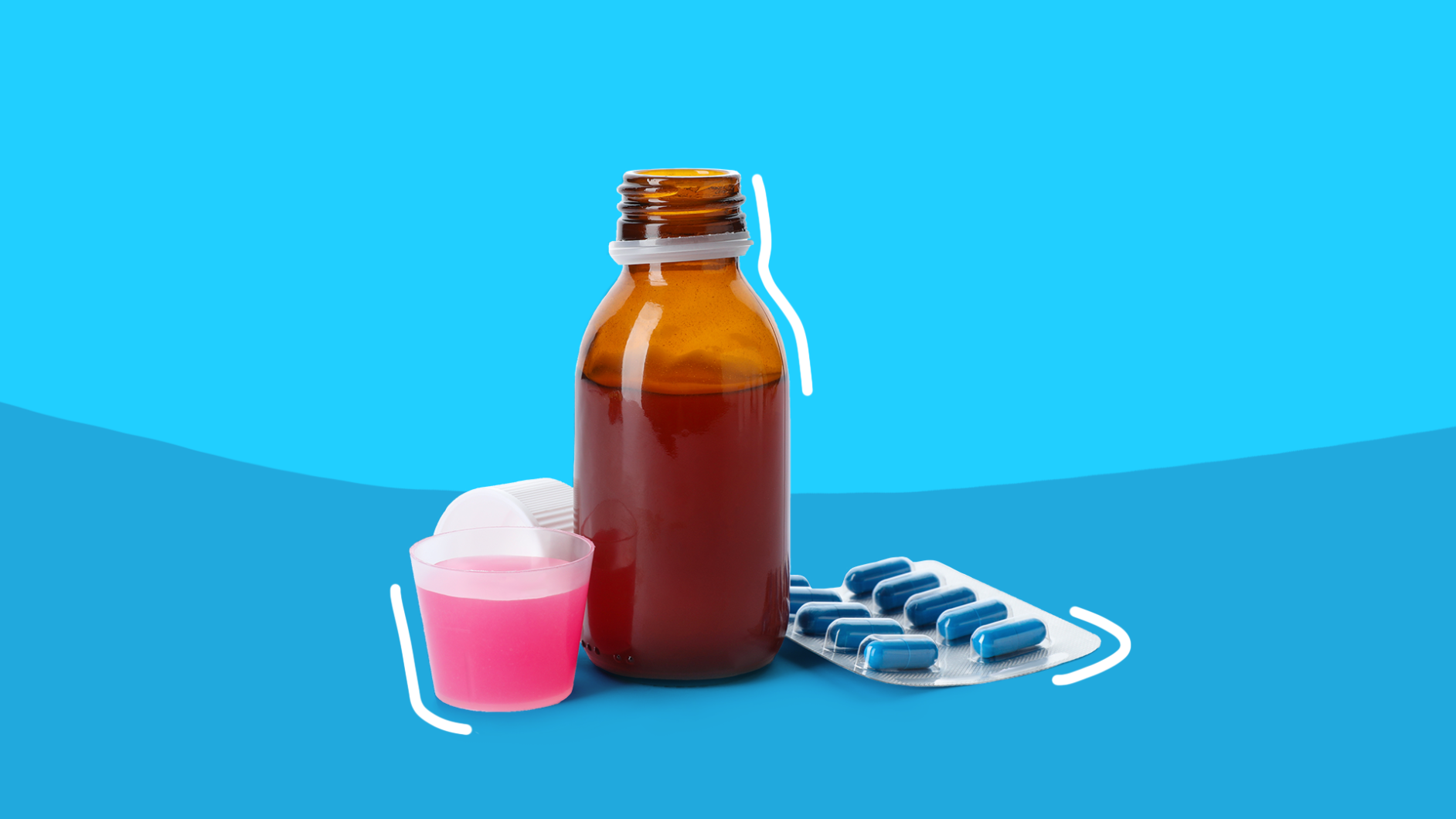Key takeaways
Thousands of people use SingleCare to reduce prescription costs, with the cough medicine benzonatate and antibiotics amoxicillin and azithromycin being particularly popular in January. Combined, these three drugs accounted for 22.32% of prescriptions filled through SingleCare in January.
Antibiotics are often prescribed for bacterial infections (they are not effective against viruses), with prescriptions for amoxicillin and azithromycin spiking in January due to conditions like pneumonia and bronchitis.
Research suggests bacterial infections peak in summer, contradicting the common increase of antibiotic prescriptions in winter, attributed to indoor crowding and similar symptoms between viral and bacterial illnesses.
Benzonatate, a non-narcotic cough medicine, sees increased prescriptions in January to help with severe coughs associated with cold and flu, highlighting the necessity of symptomatic relief during peak sickness periods.
Thousands of people use SingleCare to reduce the cost of their prescriptions each day. And through the years, we’ve noticed some trends in which medications are popular certain times of year. In January, cough medicine and antibiotics are on the rise.
Amoxicillin, azithromycin, and the non-narcotic cough medicine benzonatate combine to make up 22.32% of the total number of scripts filled through SingleCare in the month of January in any given year. Why are they the most common medications this season? There are a number of factors.
Antibiotics
Antibiotics won’t help a cold or an illness caused by a virus like the flu. However, if you have a bacterial infection, you may get a prescription for an antibiotic, such as amoxicillin or azithromycin.
Azithromycin (which is also popularly known by its brand names: Z-Pak, Zithromax, and Zmax) is an antibiotic that stops the growth of bacteria in your body and is used to treat certain bacterial infections such as bronchitis; pneumonia; sexually transmitted diseases (STD); and infections of the ears, lungs, sinuses, skin, throat, and reproductive organs—according to the U.S. National Library of Medicine. Azithromycin accounted for 1.52% of the thousands and thousands of net prescriptions filled through SingleCare in January 2019. But in July (just six months later) it only accounted for 0.79%.
Amoxicillin, on the other hand, boasts an even higher spike rate. Prescriptions for the antibiotic—which is used to treat many different types of bacterial infections—peak every January, but also increase year over year—growing from 1.6% of total SingleCare fills in 2016 to more than 2.2% in January 2019.
So, are bacterial infections really that prevalent in the winter? It might seem so, but there’s more to it than that. Research from Oregon State University discovered that serious infections caused by gram-negative bacteria can go up as much as 17% with every 10 degree increase in seasonal temperature.
“Gram-negative bacteria are a frequent cause of urinary tract, gastrointestinal, and respiratory infections, as well as more serious things like pneumonia, wound, or blood infections,” Jessina McGregor, an assistant professor in the College of Pharmacy at Oregon State University, said in the study’s release. “Everyone knows there is a seasonality to some viral infections such as influenza or the common cold, but we’re now finding that some of these bacterial infections peak in the heat of summer.”
So if bacterial infections are actually more prevalent and we are more susceptible to them during summer months, then why are there so many prescriptions for antibiotics being written in the winter? Well, because of pneumonia and bronchitis—both of which can be caused by either a virus or bacteria (confusing, we know). Cases of pneumonia, the flu, bronchitis, and the common cold all look very similar symptomatically and are contracted more frequently because people tend to be indoors and in close contact more often, according to research from Harvard University. That’s why feeling really icky in the winter can be tricky to treat—and why many doctors are getting more hesitant to prescribe a Z-Pak whenever you feel sick.
“Ninety-nine percent of the time, the patients I see in the winter are feeling crummy due to a virus like a cold or the flu, not a bacterial infection—so antibiotics are not going to help,” says Corrie Danks, MD, an internal medicine and pediatrics specialist in Missouri. Also, overprescribing of antibiotics can lead to resistance. But, sometimes antibiotics do help and are necessary. That’s the tough part. Dr. Danks adds that patients who benefit from antibiotic prescriptions are those diagnosed with bacterial infections (such as strep throat), and critically ill elderly patients who do need to be treated with antibiotics to mitigate a bacterial overgrowth that they can’t fight on their own, such as chronic pneumonia.
Cough medicine
The other popular January prescription is benzonatate (generic Tessalon perles)—a non-narcotic cough medication that numbs the airways, the air sacs (alveoli) in the lungs, and the lining of the lungs (pleura) so that you can comfortably breathe again. It’s what a healthcare provider will prescribe to you if an OTC cough medicine won’t cut it (which according to science, they can’t).
All those cold and flu symptoms we talked about above? Coughing is one of them. In January 2019, benzonatate spiked to account for more than 1% of net prescriptions during the winter months, but fell to less than 0.4% in the summertime.
There are two types of cough medicines: expectorants and antitussives (cough suppressants). Expectorants are medications that help expel the mucus from your lungs. Antitussives (like benzonatate) relax your lungs, and temporarily relieve that constant feeling of needing to clear your throat or cough. When you’re fighting an illness, suppressing a cough can be the only thing that lets you get the rest you need.
So, what can we do to prevent getting sick at all this January? There are two key steps, Dr. Dank says: “To avoid chronic illness, get the flu shot and wash your hands—it’s that simple.”
And if you do find yourself feeling under the weather, make sure to stay hydrated, eat the proper foods, and—if you need it—find a coupon for antibiotics and cough medicine on singlecare.com.



